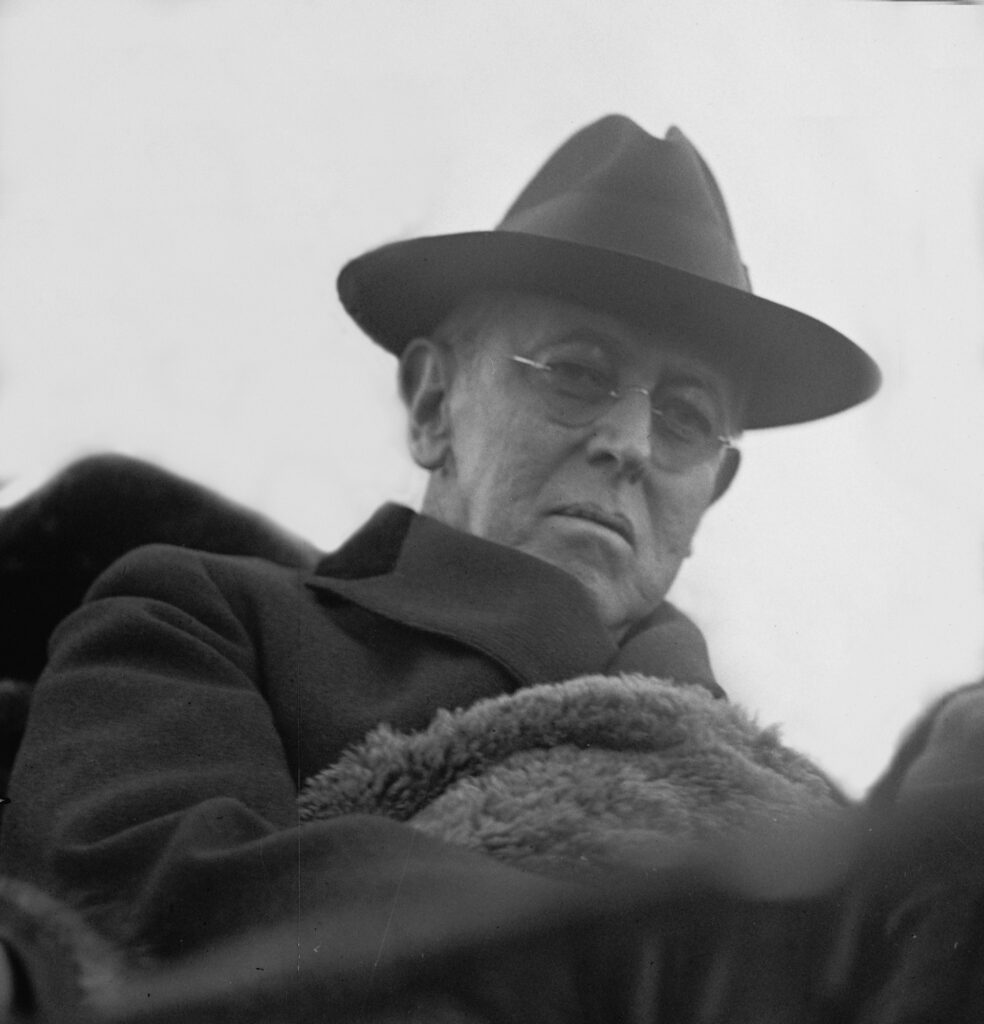The Immigration Act of 1917, also known as the Asiatic Barred Zone Act, was a federal law passed by the United States Congress that restricted immigration to the United States. The law was passed over President Woodrow Wilson’s veto on February 5, 1917.
The Immigration Act of 1917 had a significant impact on the demographics of the United States. The literacy test effectively reduced immigration from Southern and Eastern Europe, while the Asian exclusion provisions drastically reduced the number of Asian immigrants. The act also created the “Asiatic Barred Zone,” which effectively banned immigration from a large portion of Asia, excluding Japan, and the Philippines.
The Immigration Act of 1917 was a significant moment in American history and had a lasting impact on the country’s demographics and immigration policies. It was a controversial piece of legislation that was opposed by many progressives and immigrants’ rights advocates, but ultimately became law over the veto of President Woodrow Wilson. It served as a reminder of the historical discrimination that immigrants have faced in the United States and the ongoing debate over immigration policy.
The law also reflected a growing sentiment of nativism and xenophobia in the United States during a time of increasing tensions with Asia and a growing fear of espionage and sabotage following the country’s entry into World War I.
References:
https://history.state.gov/milestones/1921-1936/immigration-act




